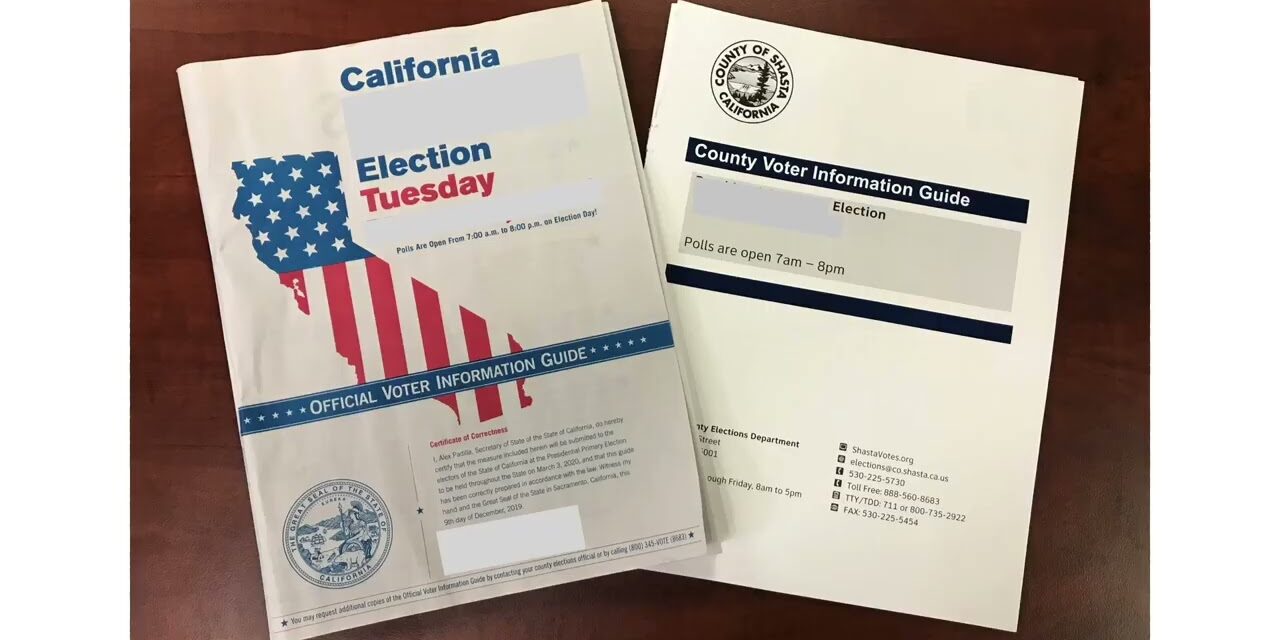By Genoa Barrow | OBSERVER Senior Staff Writer
There aren’t a lot of Black folks in Placer County. Some reside at the same three addresses: 11801 Go For Broke Road in Roseville and 2775 Richardson Drive or 11260 B Ave. in Auburn.
All are correctional facilities and most entities only count those housed there when it’s beneficial to them. The League of Women Voters of Placer County, however, has taken an approach of empowerment in reaching out to the adult correctional system, probation and transition programs in their area. As many will be heading home at some point, the group created a video, “Let’s Talk About Voting,” that is shown to people while they are incarcerated.
“Let’s Talk About Voting,” clears up misunderstandings and myths about who can and cannot vote when it comes to those who are or have been incarcerated.
“Voting is a powerful way to impact your community,” says narrator Lynn Snyder, a former California League of Women Voters board member.
“It gives you a say. … When you don’t vote, you give your power away to someone else who does vote,” Snyder continues.
The seven-minute YouTube video also includes information on how to register and learn more about the issues of current elections.
While the video hasn’t had an audience there yet, it would also be useful for youth at local juvenile detention facilities.
You can register and vote if you are:
- A United States citizen and a resident of California
- 18 years old or older on Election Day
- Not currently serving a state or federal prison term for the conviction of a felony
- Not currently found mentally incompetent to vote by a court
Persons with a criminal history who can register to vote:
- Those in local detention facilities who are serving a misdemeanor sentence (a misdemeanor never affects your right to vote); those who have jail time as a condition of probation (misdemeanor or felony); those serving a felony jail sentence; those awaiting trial
- Those on parole
- Those on probation
- Those on mandatory supervision
- Those on post-release community supervision
- Those on federal supervised release
- Those with a juvenile wardship adjudication
Persons with criminal histories who cannot register and vote:
- Those convicted of felonies and serving terms in state or federal prison, or in a local detention facility*
NOTE: Once you have finished serving your term, your right to vote is restored; however, you must register online at RegisterToVote.ca.gov or by filling out a paper voter registration card.*California Penal Code section 2910 allows the Department of Corrections and Rehabilitation to make agreements with local governments to house felons in local detention facilities. A person serving a state prison sentence who is housed in a local

Over the coming weeks, “Inside Out” will highlight the experiences of formerly incarcerated individuals and their families, look at efforts to improve local jail and prison facilities, and share the perspectives of Black correctional staffers and attorneys who work on change from within and activists who have dedicated their lives to shining a light on the inequities of the criminal justice system.






